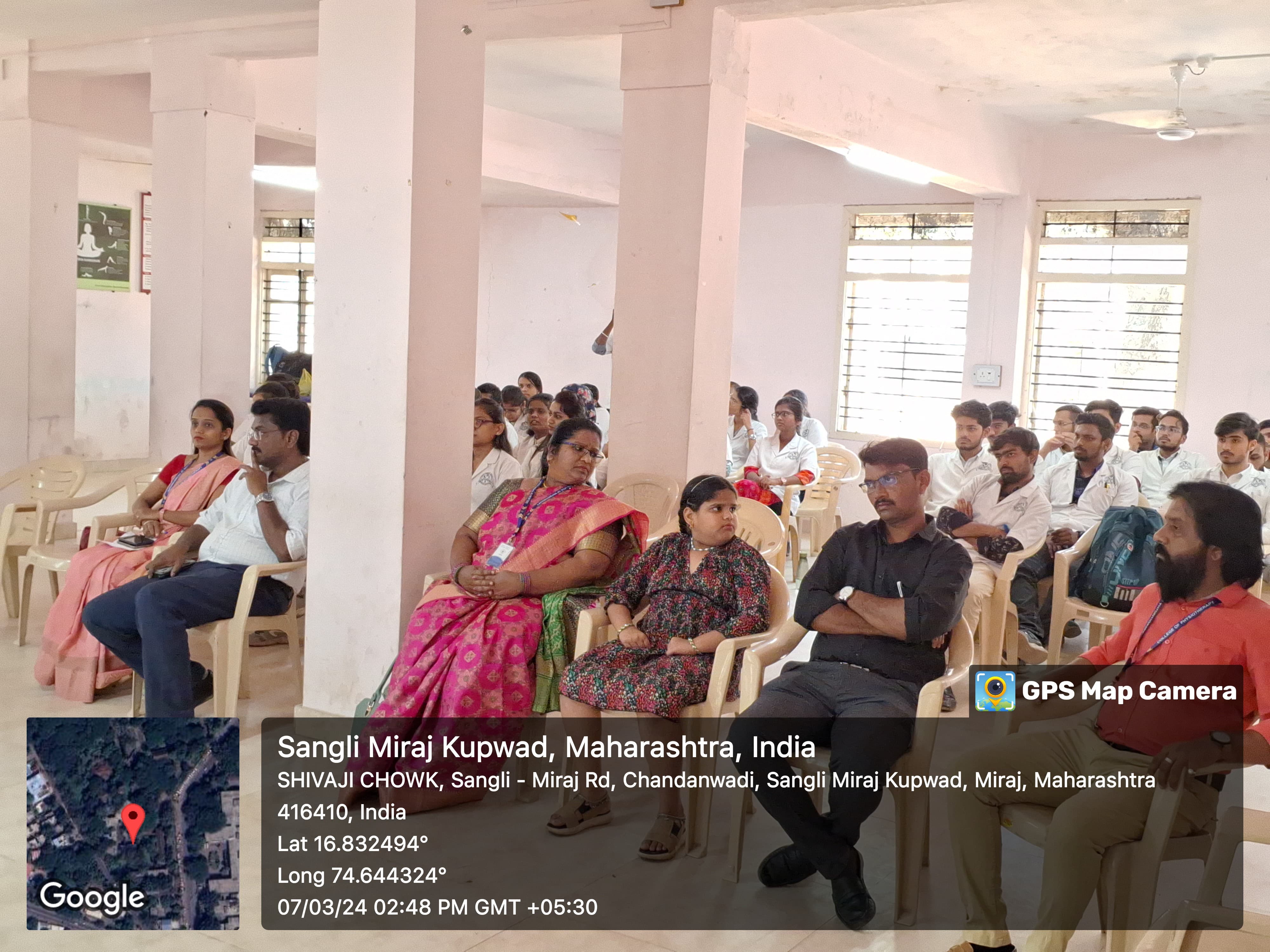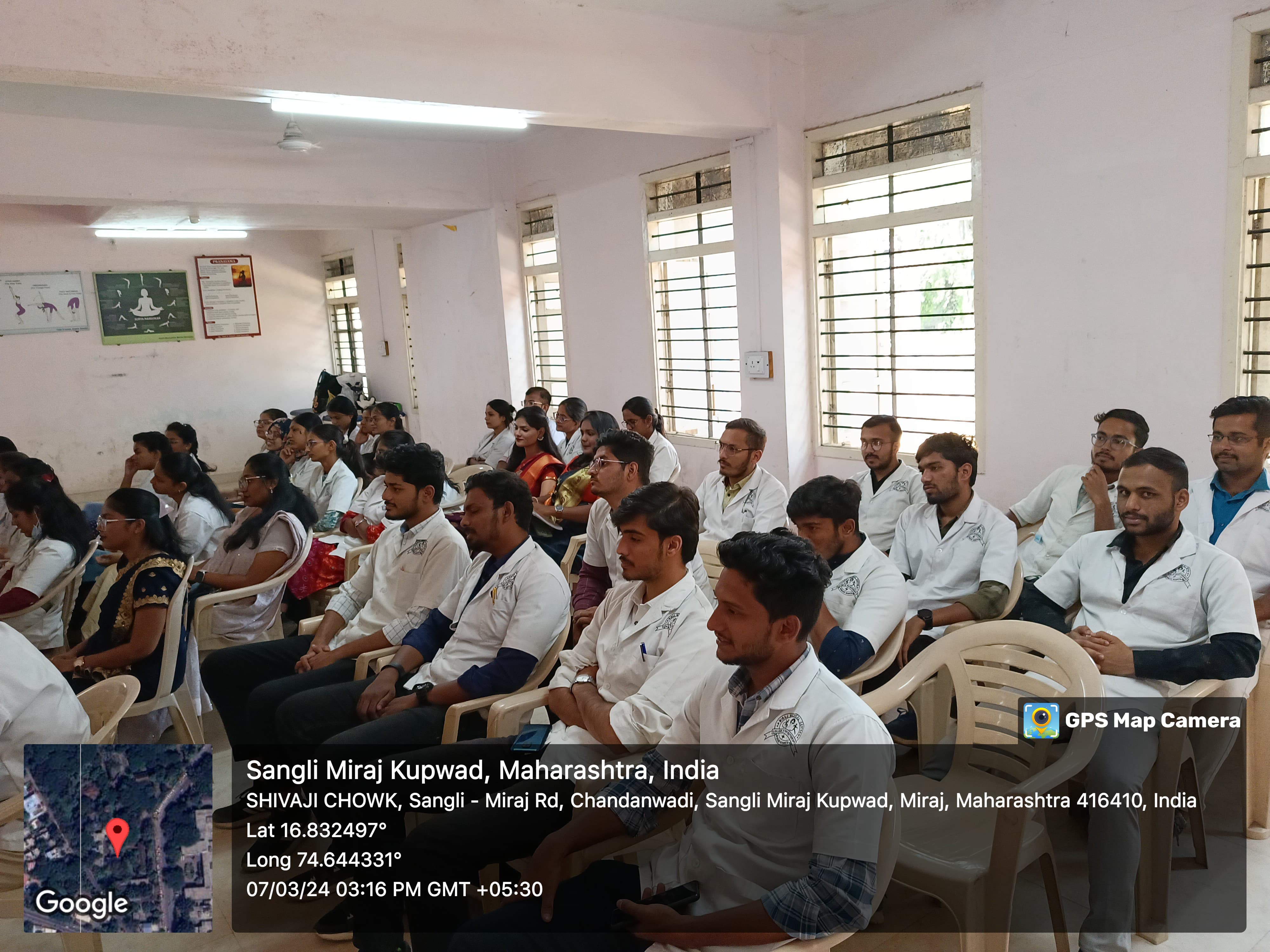

Ensuring the Highest Standards in Research and Patient Care



An institutional Code of Ethics for research helps faculty and students practice fair and respectful treatment of patients while conducting research by defining clear standards of ethical behavior that they must uphold. A written Code does not ensure ethical conduct, but it is the first step toward creating an ethical organizational culture. This Code of Ethics document is prepared in alignment with guidelines from ICMR. It is applicable to all students and faculty of College of Physiotherapy, Wanless Hospital. The purpose of these guidelines is to safeguard the dignity, rights, safety and well-being of the human participants involved in biomedical and health research.
| Table 1: General Principles of Research Ethics | |
|---|---|
| 1. Principle of Essentiality | 7. Principle of Social Responsibility |
| 2. Principle of Professional Competence | 8. Principle of Transparency & Accountability |
| 3. Principle of Voluntariness | 9. Principle of Ensuring Privacy & Confidentiality |
| 4. Principle of Maximization of Benefit | 10. Principle of Totality of Responsibility |
| 5. Principle of Non-exploitation | 11. Principle of Risk Minimization |
| 6. Principle of Institutional Arrangements | 12. Principle of Environmental Protection |
| Key Research Ethics Components | |
|---|---|
| 1. Benefit–Risk Assessment | 7. Ancillary Care |
| 2. Informed Consent Process | 8. Conflict of Interest |
| 3. Privacy and Confidentiality | 9. Selection of Vulnerable and Special Groups |
| 4. Distributive Justice | 10. Community Engagement |
| 5. Payment for Participation | 11. Post-Research Access and Benefit Sharing |
| 6. Compensation for Research Related Harm | |
Voluntary written informed consent should be obtained in an informed consent document (ICD) from each participant to protect each individual's freedom of choice. Informed consent is a continuous process involving three main components:
| Characteristics of an ICD | Elements of an ICD | Additional Elements (Optional) |
|---|---|---|
| Research Statement | Statement mentioning that it is research | Alternative procedures or treatment options |
| Study Details | Purpose and methods of the research | Insurance coverage details |
| Study Duration | Duration, frequency, and methods of the study | Handling of possible stigmatizing conditions |
| Benefits | Benefits to participant, community, or others | Plans for biological material and data use |
| Risks | Foreseeable risks, discomfort, or inconvenience | Current and future uses of data |
| Confidentiality | Confidentiality of records and data protection | Period of storage and secondary data use |
| Compensation | Payment/reimbursement for participation | Sharing of data and biological materials |
| Participant Rights | Right to withdraw without penalty | Right to prevent use of biological samples |
| Contact Information | Identity of research team and contact persons | Post-research plan/benefit sharing |
| Publication | Publication plan and data usage | Handling of photographs/pedigrees |
The EC may grant consent waiver in the following situations:
Individuals/groups/populations are considered vulnerable if they are relatively or absolutely incapable of protecting their own interests because of personal disability; environmental burdens; social injustice; lack of power, understanding or ability to communicate or other reasons.